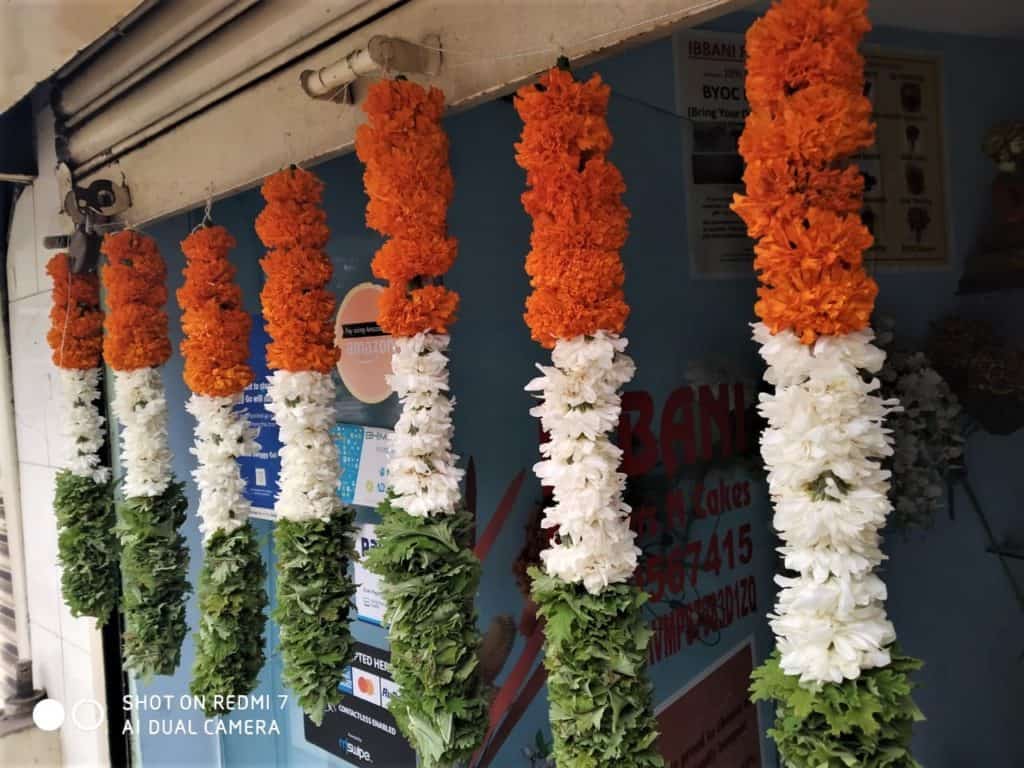As an Indian and a Goan, I get to celebrate two ‘Independence’ days. While India was liberated from the British in 1947, Goa was ruled by Portuguese till 1961.
My grandparents speak about going to school during Portuguese rule. They studied Portuguese in school and spoke Konkani at home. They speak about how upper castes could easily make contacts with Portuguese officials and hence could access good quality higher education and hold high posts.
Most upper castes were ‘bhatkars’, both Hindu and Christian, who owned huge chunks of land all over and lived in palatial houses. They used the service of lower castes in farming, cleaning and so on. The lower castes could not own land but lived as tenants in the lands owned by ‘bhatkars’. Besides owing rent to the latter, they also owed a part of their produce. My ancestors lived as tenants on these lands.
Read More: A citizen’s call to fellow Indians on Independence Day eve
This rampant caste system continued as the colonisers did not wish to interfere with the social practices of the people. However, any dissent to the power of the upper castes was suppressed as it was viewed as a threat to the State.
The old order changeth
Liberation provided an opportunity for other sections of the society to express their identities. Women could express their identity through feminist movements. They could access higher education and hold important positions in society. Through tenancy laws, tenants could finally gain ownership of the land they had lived on and tilled for years. Young men and women could fearlessly join the religious orders which were earlier dominated by the white and ‘Christian brahmins’. Traditional tribes of Goa, such as the kunbi (farmers) and the kharvi (fishermen), could access education and move away from the roles their caste had earlier forced on them.
Today, the ‘bhatkar’ no longer enjoys the power it once enjoyed. Though we are far from the ‘ideal’, different sections of the society can now enjoy a new status in society. Most importantly, they can elect ‘one of their own’ as a representative for the state and country.
My family moved to Mumbai several years after India’s independence. They never had a first hand experience of ‘British India’.
The upper castes, who had connections with the Portuguese were exposed to Western Classical music. The kind of music you indulged in depended on your caste status in society. Liberation gave these castes the opportunity and access to Western Classical Music.
I am the first person in my family to learn the piano till the level I currently am at. My parents, who had no background in music, encouraged me to pursue it right from age six. They have been supportive even when I took a break from studies to focus on my music studies.
Today, when I perform, I will be perceived as an artist and my background won’t be questioned. Most other pianists from Goa are from the upper castes.

My freedoms today
Today, I can go to church knowing that mass will not be conducted in a language foreign to me. I know that I can sit anywhere in the church without being racially or caste discriminated against. I know that my culture and language will not be made fun of. I can pursue education in the language of my choice. I can also choose to represent my country politically if I wish. I have the freedom to dissent against government action I do not like. I can also organise movements without being a threat to the state. I can buy land and choose to live where I want. I know that I have legal remedies if exploited by authority.
It has given me freedom of choice and allowed me to express my identity both as an Indian and Goan. Though we are far from perfect, independence has given each of us an opportunity to do a bit towards a more inclusive country.
While our nation is a work in progress, independence has given us the opportunity to create a more inclusive future. The journey is ongoing, and on this Independence Day, I am reminded of the power I hold as a citizen of an independent country.